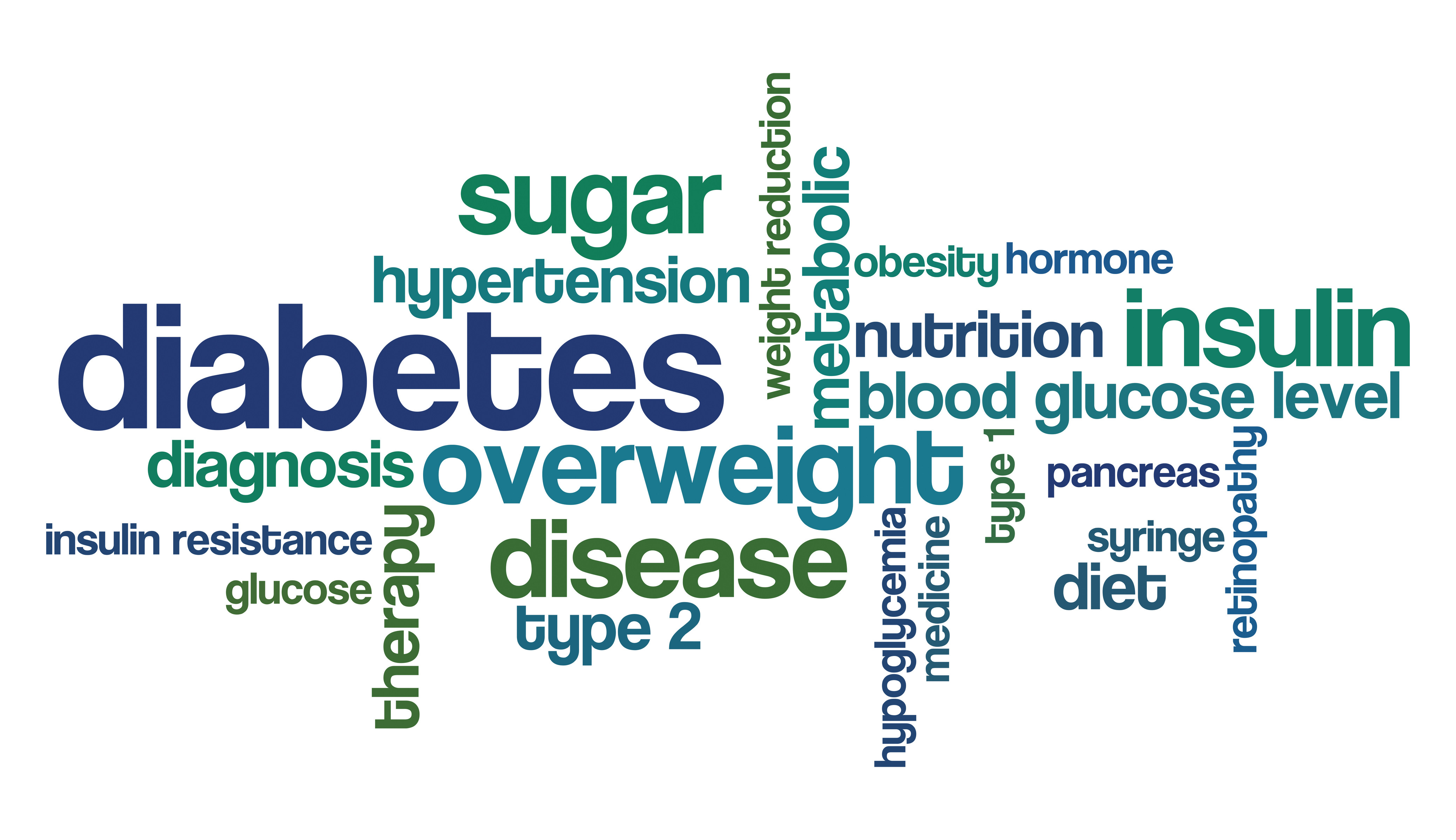
What are somatic workouts?

How to curb your stress eating

How to spot Parkinson’s disease symptoms

8 simple ways to reduce ultra-processed foods in your diet

Heart failure symptoms in women: How they’re different

GERD diet: Foods to avoid to reduce acid reflux

Strong is the new skinny

Everyday habits that sneakily weaken your bones

Don’t wait to get help for back pain

Correcting how you walk may ease osteoarthritis knee pain
Staying Healthy Archive
Articles
When You Visit Your Doctor - Irritable Bowel Syndrome (IBS)
Irritable Bowel Syndrome (IBS)
Questions to Discuss with Your Doctor:
- Do you have pain or cramping in the lower stomach?
- How often do you get the pain?
- Is the pain related to meals?
- Do you suffer from constipation and small bowel movements?
- Do you have diarrhea that alternates with constipation?
- Do you have frequent bloating and gas?
- Do you have a feeling of fullness in the rectum?
- Is there a family history of inflammatory bowel disease?
- Do you have a history of mental illness or depression?
- Are there any things causing unusual stress in your life?
- Please describe your diet in detail.
Your Doctor Might Examine the Following Body Structures or Functions:
- Careful abdominal exam
- Rectal exam
Your Doctor Might Order the Following Lab Tests or Studies:
- Stool testing for blood and cultures
- Conventional abdominal X-rays
- Endoscopy or sigmoidoscopy
- Barium enema
- Complete blood count and other blood tests
When You Visit Your Doctor - Irregular Menstrual Periods
Irregular Menstrual Periods
Questions to Discuss with Your Doctor:
- Have you been experiencing high levels of stress?
- How much do you exercise?
- Have you ever had an eating disorder?
- Have you lost weight recently?
- Have you been intolerant of heat or cold.
- Have you had rapid heartbeats, dry skin, hair loss, constipation or diarrhea, or a change in weight (these are symptoms of thyroid abnormalities, which can cause irregular periods)?
- Do you have abnormal body hair?
- Have you gained weight?
- Do you have regular menstrual cycles?
- Is your bleeding always heavy or prolonged?
- How old were you when you started menstruating?
- How long ago did you develop irregular periods?
- When you do have your period, is it accompanied by symptoms such as abdominal cramping, mood changes, and bloating?
- Are you sexually active?
- When was your last period?
- How many times have you been pregnant?
- What was the outcome of each pregnancy (live births, miscarriages, cesarean sections)?
- Have you ever had difficulty getting pregnant?
Your Doctor Might Examine the Following Body Structures or Functions:
- Heart rate, blood pressure, and weight
- Heart and lungs
- Pelvic examination
Your Doctor Might Order the Following Lab Tests or Studies:
- Pregnancy test
- Blood tests for certain hormone levels (thyroid stimulating hormone, cortisol, prolactin, follicle stimulating hormone, 17-hydroxyprogesterone, testosterone, DHEA)
- 24-hour urine collection for free cortisol
- Pelvic ultrasound
- Pap smear (see p. 1066)
When You Visit Your Doctor - Lactose Intolerance
Lactose Intolerance
Questions to Discuss with Your Doctor:
- Do you have rumbling abdominal sounds after eating milk products?
- Do you get abdominal cramps, bloating, or diarrhea after eating milk products?
- Can you tolerate small amounts of milk?
- Do your symptoms improve when you eliminate milk products from your diet?
Your Doctor Might Examine the Following Body Structures or Functions:
- Careful abdominal exam
- Rectal exam
Your Doctor Might Order the Following Lab Tests or Studies:
- Trial of elimination of milk products from the diet
- Hydrogen breath test
- Lactose tolerance test
When You Visit Your Doctor - Macular Degeneration
Macular Degeneration
Questions to Discuss with Your Doctor:
- Have you noticed a change in vision in one eye or both?
- Do you have trouble reading, even with reading glasses?
- Do you have difficulty seeing fine details?
- Do you see a gray patch in the middle of the words when you read?
- Do straight vertical lines appear "wiggly" when you look at them?
- Is your side or peripheral vision affected?
- Do you have diabetes?
- Do you smoke?
- Do you have a family history of macular degeneration?
Your Doctor Might Examine the Following Body Structures or Functions:
- The inside of your eye, using an ophthalmoscope (see p. 417)
Your Doctor Might Order the Following Lab Tests or Studies:
- Referral to an ophthalmologist (eye specialist) who will do a complete eye exam with drops to dilate your pupils.
When You Visit Your Doctor - Multiple Myeloma
Multiple Myeloma
Questions to Discuss with Your Doctor:
- Have you had any recent infections?
- Do you know when to call your doctor with symptoms of infection?
- Do you have pain in any of your bones? If so, is it constant, or does it occur only when you move?
- Have you had any recent fractures?
- Do you have pain in your spine? Does it radiate to another part of your body?
- Have you noticed a decrease in sensation or strength in your hands or feet?
- Have you had loss of bladder or bowel control?
- Do you know when to seek medical attention for back pain?
- Have you been fatigued?
- Have you been lightheaded?
- Have you been short of breath with minimal exertion?
- Do your gums bleed when you brush your teeth?
- Do you bruise easily, or get nosebleeds?
- Have you been weak, nauseated, constipated, or confused?
- Have you had a headache or a change in your vision?
- Can you feel any lumps or masses under your skin?
- Are you aware of the possible complications that can develop from multiple myeloma?
- Do you know which symptoms should cause you to call your doctor?
Your Doctor Might Examine the Following Body Structures or Functions:
- Skin
- Heart
- Lungs
- Arms and legs
- Spine
- Neurology examination (to check for strength and sensation in your hands and feet)
- Lymph nodes (neck, axilla, and groin)
Your Doctor Might Order the Following Lab Tests or Studies:
- Blood tests for complete blood count, electrolytes, kidney function, uric acid, calcium, and beta-2 microglobulin
- Serum protein electrophoresis or SPEP
- Urine protein electrophoresis or UPEP
- Quantitative immunoglobulin levels in the urine and blood
- Immunoelectrophoresis
- 24-hour urine collection for protein
- Bone marrow biopsy
- Skeletal radiographs
- CT scan
- MRI scan
When You Visit Your Doctor - Mitral Valve Prolapse
Mitral Valve Prolapse
Questions to Discuss with Your Doctor:
- Have you had an echocardiogram?
- What did it show?
- Does your mitral valve leak?
- Do you get chest pain?
- What brings it on?
- How long does it last?
- What relieves it?
- Do you ever get a rapid or pounding heartbeat (palpitations) for no reason?
- How long does it last?
- Do you feel faint or develop chest pain or shortness of breath?
- Have you ever fainted?
- Do you get short of breath when you lie down or exert yourself?
- Have you ever taken any medications for your heart?
- Did you develop any side effects from these medications?
Your Doctor Might Examine the Following Body Structures or Functions:
- Heart rate, blood pressure, and weight
- Heart (sometimes while you are standing, squatting, or performing other maneuvers)
- Lungs
Your Doctor Might Order the Following Lab Tests or Studies:
- Electrocardiogram
- Echocardiogram
- Holter monitor or event monitor
When You Visit Your Doctor - Multiple Sclerosis
Multiple Sclerosis
Questions to Discuss with Your Doctor:
- Do you have cloudy or double vision?
- Do you ever have eye pain or involuntary jumping of your vision?
- Do you have problems with clumsiness or poor coordination?
- Have you ever had numbness or tingling in your arms or legs? Tremors?
- Do you ever have hearing loss or vertigo?
- Do you have difficulty concentrating or problems with memory loss?
- Do you have any problems with bladder or bowel control?
- Do you have constipation?
- Do you have any family history of multiple sclerosis?
- Are you taking any medications?
Your Doctor Might Examine the Following Body Structures or Functions:
- Complete neurological exam focusing on reflexes, strength, gait, sensation, and vision
Your Doctor Might Order the Following Lab Tests or Studies:
- Lumbar puncture for removal and analysis of cerebrospinal fluid
- Magnetic Resonance Imaging (MRI)
Tooth-bleaching
With the advent of new treatments, a better smile is now within reach of more people. One of the most popular cosmetic procedures is bleaching. The natural light ivory color of enamel can turn to yellow, orange, brown, gray—even blue or green. Causes of discoloration include staining from coffee or tobacco, injury that has damaged the pulp, ingestion of the antibiotic tetracycline or high levels of fluoride while the teeth are developing, corrosion from silver fillings, and the natural wearing away of the enamel with age.
Although many stains can be successfully removed with a bleaching technique, bleaching may be uncomfortable for people with sensitive teeth or an exposed root. Several different bleaching techniques are available.

What are somatic workouts?

How to curb your stress eating

How to spot Parkinson’s disease symptoms

8 simple ways to reduce ultra-processed foods in your diet

Heart failure symptoms in women: How they’re different

GERD diet: Foods to avoid to reduce acid reflux

Strong is the new skinny

Everyday habits that sneakily weaken your bones

Don’t wait to get help for back pain

Correcting how you walk may ease osteoarthritis knee pain
Free Healthbeat Signup
Get the latest in health news delivered to your inbox!
Sign Up




